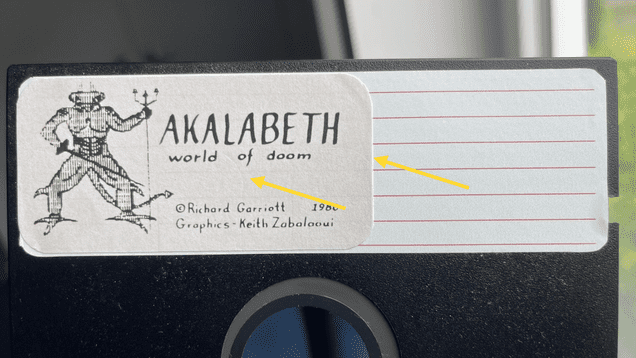Akihabara News (Tokyo) — During US President Joe Biden’s recent visit to Japan, one of the most important areas of bilateral collaboration highlighted was the Artemis Program, which will see the Japan Aerospace Exploration Agency (JAXA) and the National Aeronautical and Space Administration (NASA) working together on multiple Moon missions.
The Artemis Program was signed into existence in September 2020, following former US President Donald Trump’s push for a revival of his country’s space ambitions. It seeks to establish, according to NASA, “a robust human-robotic presence on and around the Moon.”
Japan signed the Artemis Accords the same year, joining its international framework for the civilian exploration of space.
The program consists of three missions: Artemis I, an uncrewed test flight planned for this August; Artemis II, a crewed lunar flyby scheduled for May 2024; and Artemis III, a crewed Moon landing lasting approximately thirty days, and set for 2025.
JAXA will work with the European Space Agency to supply a module for an orbital station, known as Gateway, meant for use and habitation by Artemis astronauts.
Additionally, Japan’s private sector will play a role in supporting the program, building lunar rovers and landers.
Among these firms is the Tokyo-based startup ispace, which has already been selected by NASA to collect resources from space on the agency’s behalf. The company also intends to participate in the Commercial Lunar Payload Services program, which will offer delivery from the Earth to the Moon.
As announced by President Biden, at least one of the Moon landings will include a Japanese astronaut. He stated that “to see Japanese and American astronauts walk on the Moon together reflects our nations’ shared values to explore space responsibly and transparently for the benefit of humanity here on Earth.”
The Artemis Moon missions are also conceived as being a key step toward manned missions on Mars.
The last humans to set foot on the Moon did so during the Apollo 17 mission of December 1972. Only US citizens have so far walked the Moon’s surface.
For its part, previous JAXA Moon probes have all been unmanned and have not touched down.
In December 2013, the Chinese Lunar Exploration Program’s unmanned Chang’e 3 mission became the first spacecraft to soft-land on the Moon since the 1970s. It was the first of a series of ongoing rival lunar missions sponsored by Beijing.
Recent Space Industry Related Articles
Insurance Company Backs Space Industry Startup
Nissan Unveils Moon Rover Prototype
Robots for Space Missions
Food Production on the Moon and Mars
JAXA Engine for Deep Space Travel
The post Putting Japanese on the Moon appeared first on Akihabara News.
Source: Akihabara News – Putting Japanese on the Moon




